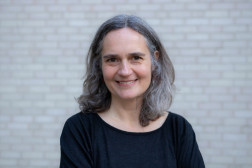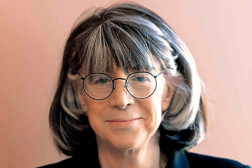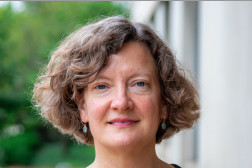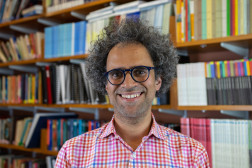News Archive
Why are Japanese cartoons a global hit?
January 29, 2013
Hard times in Chicago
January 18, 2013
Cheese Cultures
December 19, 2012
Bridging the Generation Gap, One Meal at a Time
December 17, 2012
The MIT Anthropology Mola
November 1, 2012
Stefan Helmreich wins Rachel Carson Prize for Alien Ocean
October 30, 2012
Gender, Technology & Development Workshop - October 26, 2012
October 26, 2012
Susan Silbey honored for lab safety research
October 3, 2012
Heather Paxson explores the world of artisanal cheesemaking
October 1, 2012
Exit 0 Project website launches
September 1, 2012
Interview with Christine Walley and Chris Boebel
August 1, 2012
Walley receives LEF Foundation Award
July 1, 2012
Gender in Engineering: A Tough Calculation
June 1, 2012
Jones wins 2012 Levitan Teaching Prize
May 14, 2012
Political Economies of Trauma and Compassion
May 1, 2012









